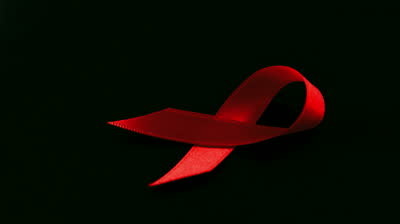The author argues that South Sudan’s government is not addressing the HIV/AIDS epidemic because top officials own brothels and profit from the sex industry. The author, a South Sudanese student pursuing Law Degree at the University of Ain Shams in Cairo, Egypt, argues that prostitution is a leading cause of the spread of HIV/AIDS.
Ironically, the coming of peace to South Sudan after the civil war (2005) has the potential of accelerating the development of an epidemic which is notoriously known by the name HIV/AIDS in South Sudan as the country vulnerably experiences an increased movement of people in addition to the radical alteration of the country’s social and economic activities.
Sensitively, South Sudan’s neighbors (Uganda, Kenya and Ethiopia for example) has a long history of the epidemic and indisputably quarter of South Sudanese refugees abroad fled the Sudanese civil war to the mentioned countries and subsequently adopted the new cultures. The post-war era is characterised with a large portion of anti-native cultural elements. Prostitution became a new culture being adopted and in the watchful episode of the state. This makes it easier for other citizens to adopt it.
Frankly speaking, HIV/AIDS, is a socio-natural calamity which is in one or many ways can be prevented if there is to be a willful government of the people with the aim of promoting and protecting the health of the society. The government must develop a new oriented policy of protecting the people from HIV/AIDS and not only to provide treatment to those identified as victims of the disease but also to prevent certain styles of life that is identified to be major contributors to the spread of the epidemic. Foreigners (currently in Juba’s custom, Jebel Market as an example) work to offer sex in return for money. Bars and lodges which are owned by indeed some individuals of high ranking level in the government are intendedly rented to sex workers, prostitutes.
The fact that lodges are owned by government officials jeopardise the effort exerted by local authorities of a particular state. Indisputably, prostitution is a major factor through which HIV/AIDS is 90% spread to others. In 2013, it was reported that HIV/AIDS rate has dropped from 3.1% to 2.7%, however, drops in testing and treatment facilities was detected and yet in 2014, HIV/AIDS is developing faster with increase of higher infection rate.
This is a dangerous path by the South Sudanese authorities and the unpleasant news is that the government is reluctant to prevent what happened in Uganda and other most infected nations where the epidemic gains quick speed if advancement in addition to the government’s frustration to prevent anti-social businesses like prostitution. The current war is likely expected to easy the extension of the epidemic at a higher speed. As the HIV/AIDS is an aftermath of leaving the culture, South Sudan must work to save the nation from invasion by foreign cultures which supposedly have no room in South Sudan.
The views expressed in ‘opinion’ articles published by Radio Tamazuj are solely those of the writer. The veracity of any claims made are the responsibility of the author, not Radio Tamazuj.




